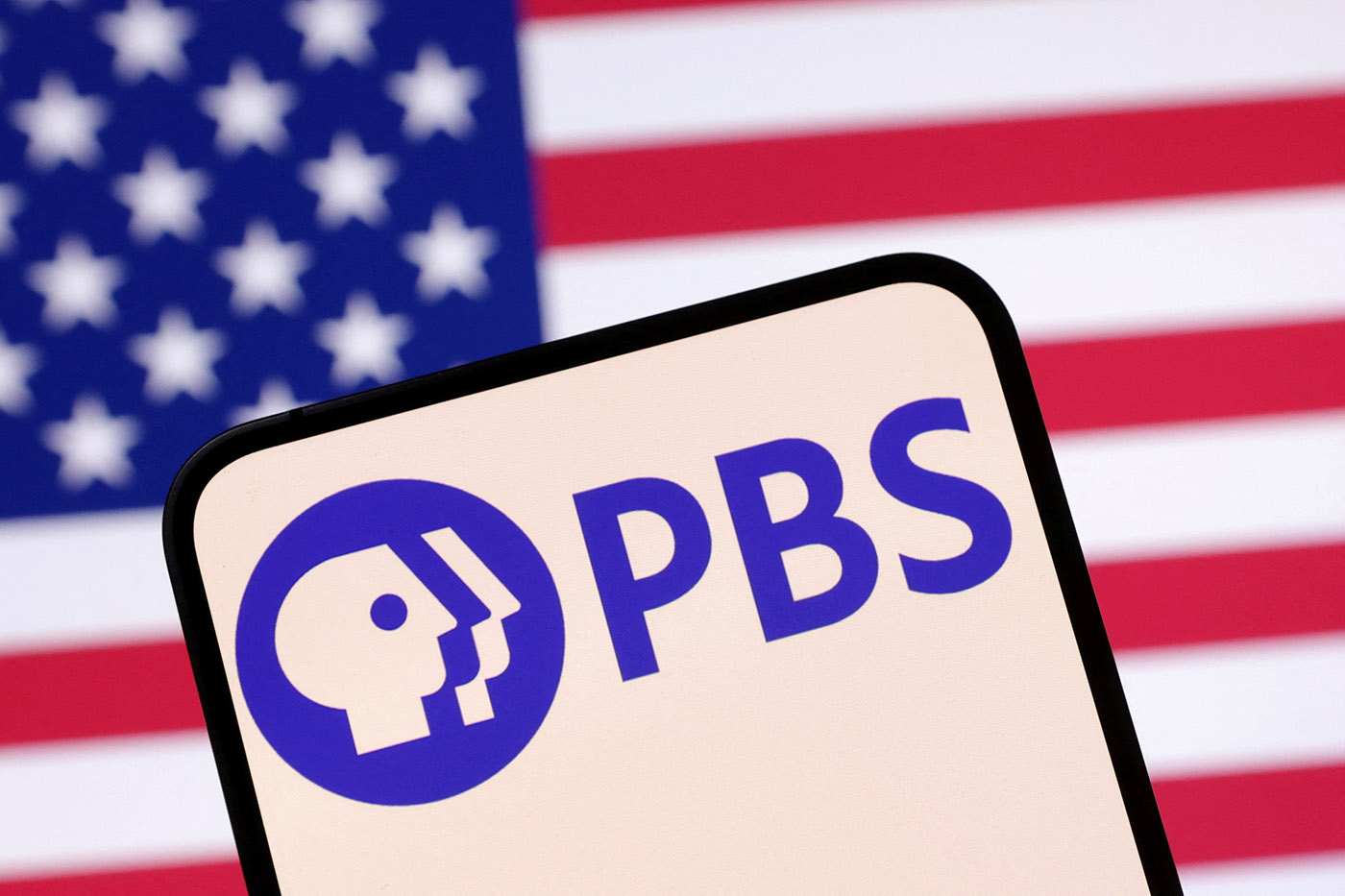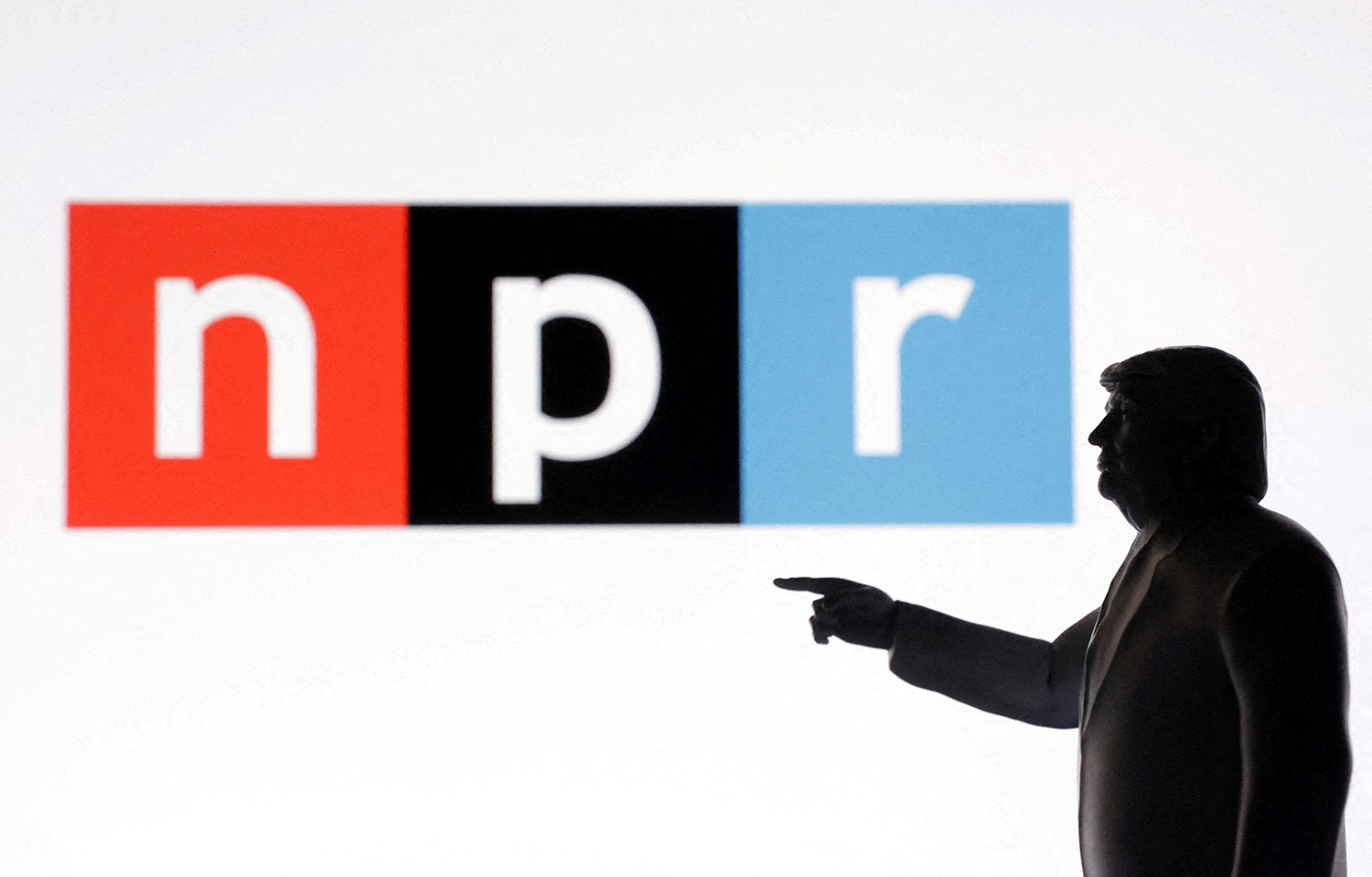On December 1st, a federal court in Texas issued a preliminary injunction against Texas’ social media law, HB 20, for violating platforms’ First Amendment right to moderate the third-party content they disseminate. “HB 20 prohibits virtually all content moderation, the very tool that social media platforms employ to make their platforms safe, useful, and enjoyable for users,” U.S. District Court Judge Robert Pitman wrote.
The ruling was in response to the lawsuit filed on September 22nd in the U.S. District Court for the District of Texas Austin Division, by two Internet trade associations, NetChoice and Computer and Communications Industry Association (CCIA). NetChoice and CCIA represent Facebook, Twitter, YouTube, and other social media platforms.
In their complaint, NetChoice and CCIA contended that Texas’ House Bill 20 “imposes impermissible content- and viewpoint-based classifications to compel a select few platforms to publish speech and speakers that violate the platforms’ policies.”
Hours before the law was to take effect, Pitman agreed with NetChoice and CCIA, writing that HB 20’s “prohibitions on ‘censorship’ and constraints on how social media platforms disseminate content violate the First Amendment.”
Pitman cited several Supreme Court decisions—Miami Herald Publishing Company v. Tornillo (1974), Hurley v. Irish-American Gay, Lesbian and Bisexual Group of Boston (1995), and Pacific Gas & Electric Co. v. Public Utilities Commission of California (1986)—that “stand for the general proposition that private companies that use editorial judgment to choose whether to publish content—cannot be compelled by the government to publish other content.”
The decision also notes that HB 20 “additionally suffers from constitutional defects because it discriminates based on content and speaker,” and that the law is further flawed because it only applies to platforms with 50 million monthly active users in the U.S., excluding sites such as Parler, which is popular among conservatives. HB 20 was introduced ostensibly because Texas Republicans believe that conservative ideas and viewpoints are being censored on social media sites.
If the decision is appealed, the case will head to the Fifth Circuit Court of Appeals.
Tags




